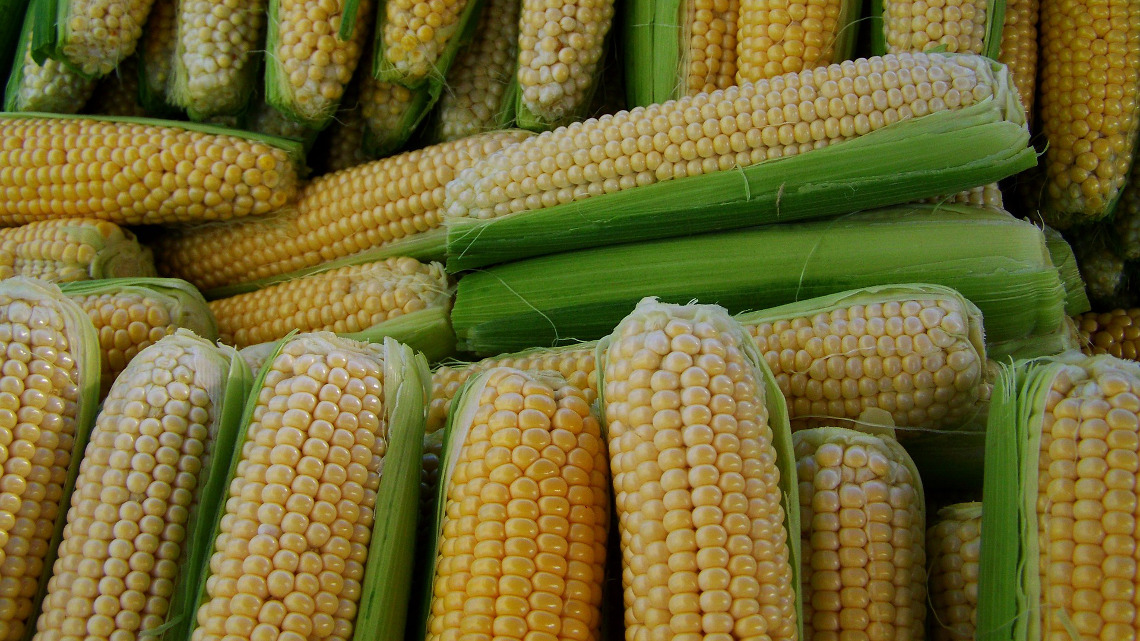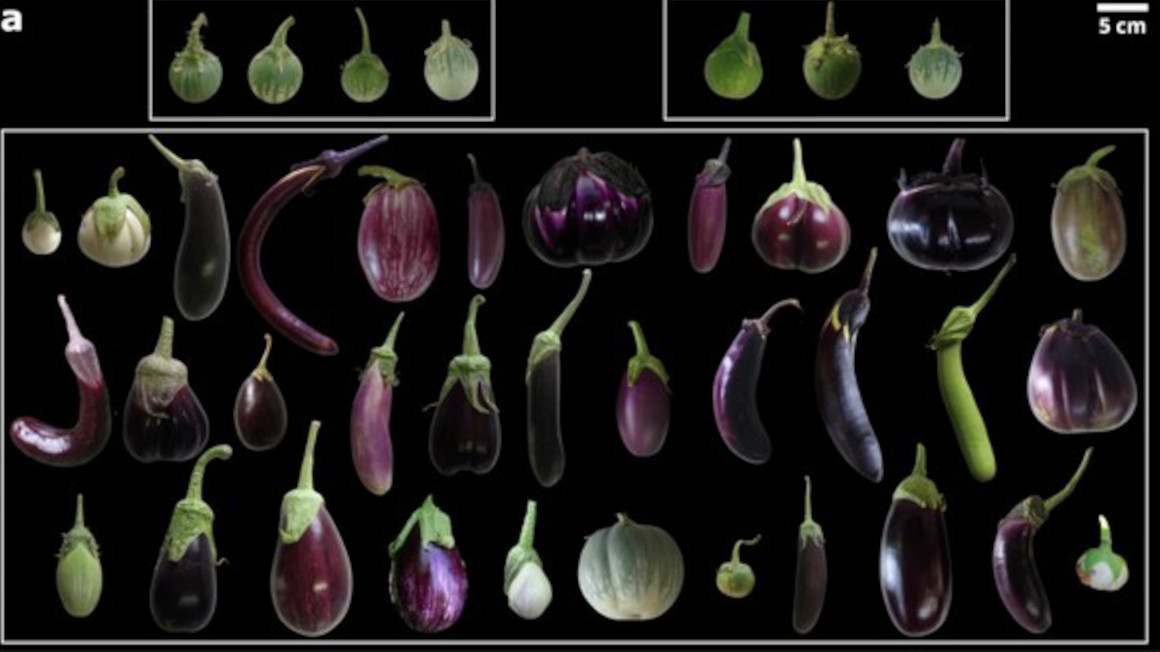Global cultivation of GMO is growing
The global cultivation area of GMO crops is growing, but Europe and especially Germany remain sceptical regarding the usage of GMOs.

The use of Genetically Modified Organisms (GMOs) in agriculture is still under intense debate, and national differences of opinion have hindered a pan-European solution thus far. Still, while the global cultivation area of GMOs increased by only 3% from 2015 to 2016 (179.7 million hectares versus 185.1 million hectares), across the EU the area increased by 17% (from 116,870 to 136,363 hectares). Nonetheless, resistance against GMO products remained high in Europe. Only four countries planted GMO crops last year: Spain (129,081 ha), Portugal (7,069 ha), Slovakia (138 ha) and the Czech Republic (75 ha).
Europe remains sceptical regarding GMOs despite quantifiable benefits
Last year the European Commission aimed to accelerate GMO market approval of safety assessed GMOs, by granting member states the right to opt out (instead of having to opt in). However, applications for market approval of three different GM maize crops to be cultivated in the EU failed recently. Yet, on a global scale GMOs are certainly advancing: “Biotech crops have become a vital agricultural resource for farmers around the world because of the immense benefits for improved productivity and profitability, as well as conservation efforts,” said Paul Teng, Chair of the Board of the International Service for the Acquisition of Agri-biotech Applications (ISAAA), who published the annual GMO statistics. The scepticism in Europe regarding GMOs is opposed by analyses of the ISAAA that quantifies the benefits of biotech crops as equalling the removal of the CO2 emissions of 12 million cars annually in recent years, as well as a significant contribution to a 19% reduction of herbicide and insecticide use.
Biotech food innovations double production and benefit health
In 2016, the leading countries growing biotech crops included the US, Brazil, Argentina, Canada and India. Together, these five countries planted 91% of the global biotech crop area. In 2016, Brazil increased acreage of GM maize, soybean, cotton and canola by 11%. Thus, biotech soybeans grown in Brazil accounted for 32.7m ha of the 91.4m ha grown worldwide. On a global scale for individual crops, 78% of soybean, 64% of cotton, 26% of maize, and 24% of canola planted were biotech varieties.
The ISAAA estimates that new and groundbreaking innovations in the field can double food production in the near future. Genome editing and new breeding technologies have already entered the market. Similarly, food products with inherent health benefits such as high oleic acids, omega-3 fatty acids, or modified starch/sugar contents (potato) are already available, and more such products are in active and advanced stages of development. Thus, biotech crops and foods cannot only double the production and therefore help alleviate world hunger, but also improve our health by eating it.
tg/jmr


